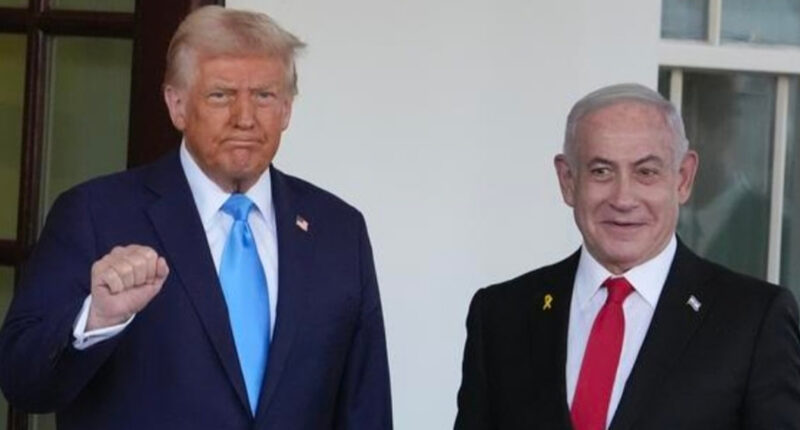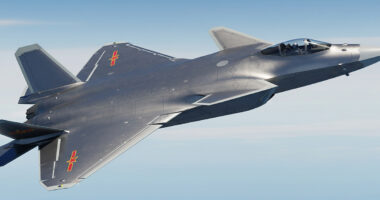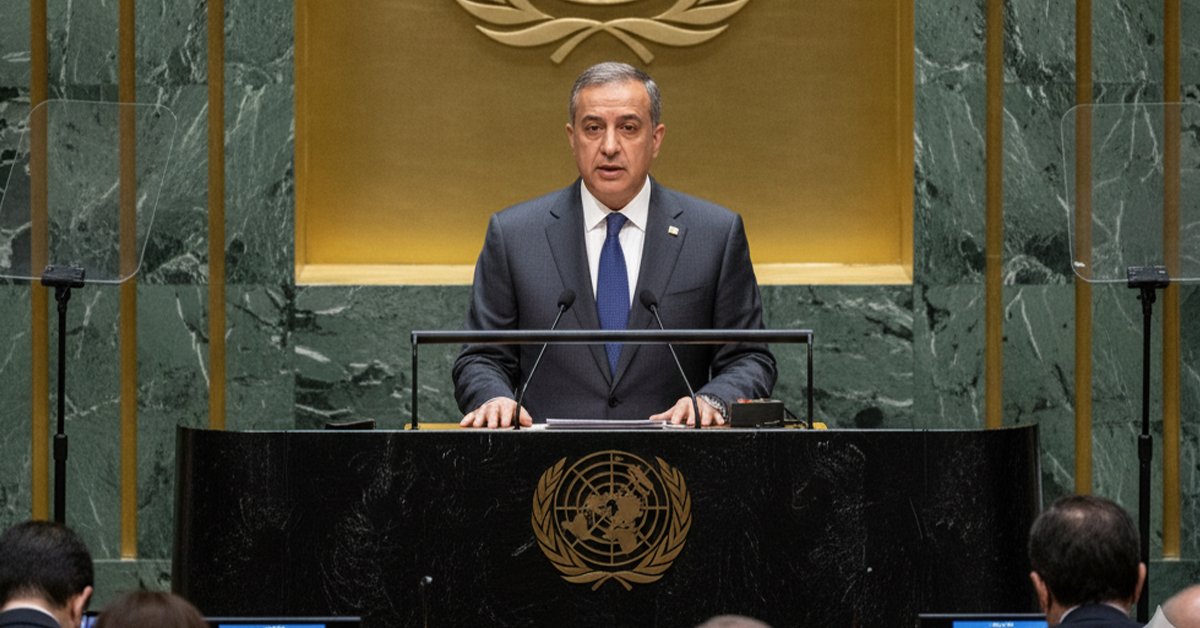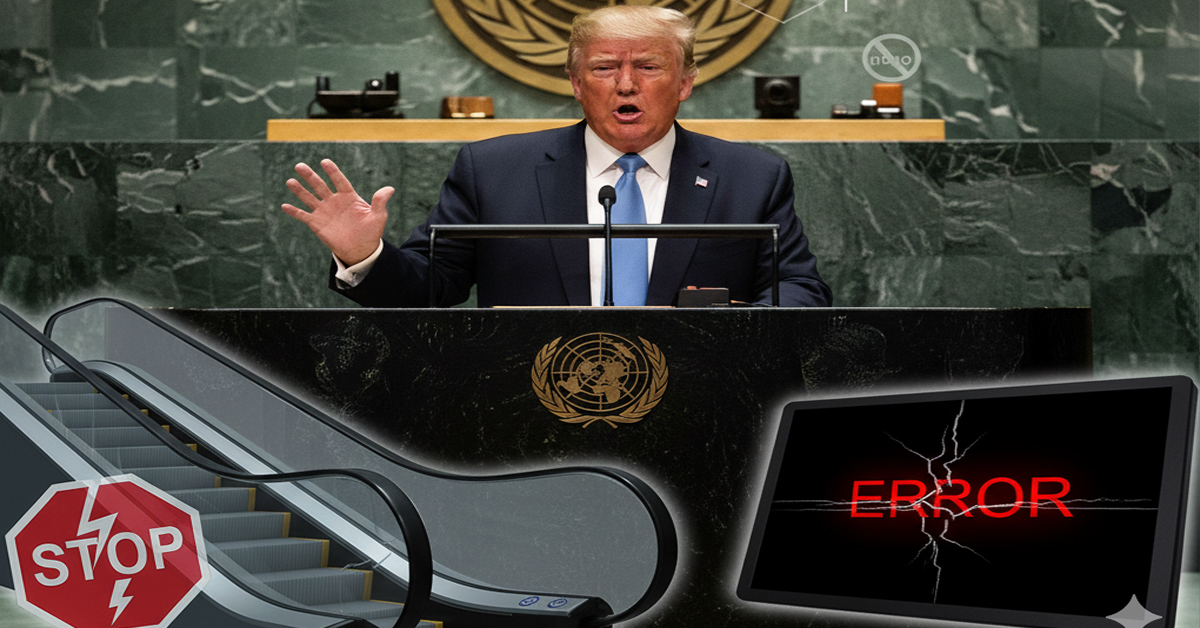The intricate web of Middle Eastern geopolitics and international diplomacy saw an unexpected twist last week, as President Donald Trump publicly stated that he was not informed in advance by Israeli Prime Minister Benjamin Netanyahu regarding an Israeli attack in Qatar. This revelation, following reports by an American media outlet suggesting prior notification, has stirred conversations about the communication protocols between key allied nations during critical military operations.
The Allegations and Trump’s Response
According to reports, an Israeli airstrike was conducted in Qatar last Tuesday, allegedly targeting political leaders of the Hamas organization. This action, if confirmed in its entirety, marks a significant escalation of conflict in the already volatile Middle East. The initial American media reports indicated that Netanyahu had informed the then-U.S. President about the impending attack. However, Trump’s subsequent remarks directly contradicted this narrative.
“They did not inform me,” Trump stated unequivocally when directly asked whether Netanyahu had provided prior notice about the strike on Hamas leaders in Qatar. The U.S. government, further complicating matters, suggested that Trump was only notified after the missiles were already airborne, thereby denying him any opportunity to object to the operation. This sequence of events, or lack thereof in terms of communication, raises questions about the level of coordination and trust among allies, particularly in sensitive military matters.
Implications for International Relations
The relationship between the United States and Israel is historically deep-seated, characterized by robust military and diplomatic cooperation. For a military action of this nature, especially one involving a third nation like Qatar, a presumed ally of both the U.S. and Israel in certain contexts, a lack of prior consultation with the U.S. President is highly unusual.
Qatar, notably, has played a crucial role as a mediator in attempts to achieve a ceasefire in Gaza, positioning itself as a key diplomatic player in regional stability efforts. The United States has also maintained strong alliances with both Israel and Qatar. An Israeli attack within Qatari territory, without direct U.S. presidential foreknowledge, could potentially strain these complex relationships and undermine ongoing diplomatic endeavors.
Escalation in the Middle East
The reported Israeli airstrike, aimed at Hamas political leadership, signifies a heightened aggressive posture that could further inflame tensions across the Middle East. Such actions risk derailing delicate peace processes and could invite retaliatory measures, leading to a broader, more intense conflict. The stated intention to “assassinate political leaders” directly impacts the potential for future negotiations and stability.
Trump’s insistence that he was not consulted prior to the attack underscores a significant potential breakdown in communication at the highest levels of government during a moment of profound regional sensitivity. It highlights the complexities and inherent risks in international military engagements, where perceived omissions in communication can have far-reaching consequences for diplomatic relations and regional stability.
As the situation unfolds, the international community will undoubtedly scrutinize the implications of this incident, particularly concerning the future of U.S.-Israeli relations, the role of Qatar in regional diplomacy, and the broader trajectory of conflict in the Middle East.









